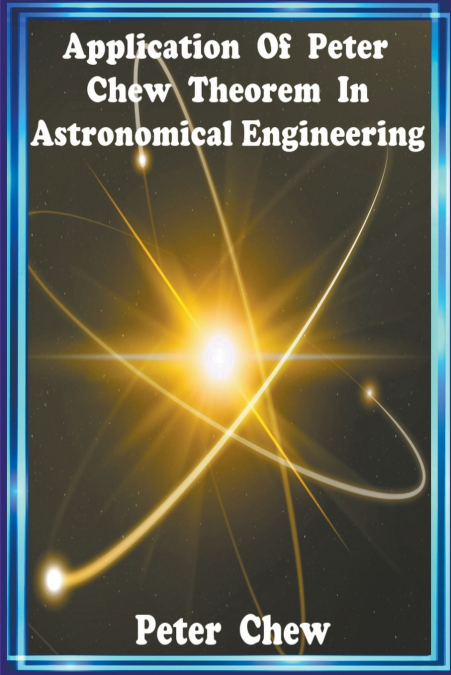
 Librería Perelló (Valencia)
Librería Perelló (Valencia)
 Librería Aciertas (Toledo)
Librería Aciertas (Toledo)
 Librería Elías (Asturias)
Librería Elías (Asturias)
 Donde los libros
Donde los libros
 El AlmaZen del Alquimista (Sevilla)
El AlmaZen del Alquimista (Sevilla)
 Librería Kolima (Madrid)
Librería Kolima (Madrid)
 Librería Proteo (Málaga)
Librería Proteo (Málaga)
In the fields of science and engineering, expressing numbers in surd form is a common practice, particularly in situations where calculators are restricted or unavailable. This is particularly crucial for students embarking on advanced mathematics courses that involve irrational values, such as calculus-based or statistical subjects. Proficiency in manipulating and working with surds becomes essential for such learners. The significance of Peter Chew’s Theorem for Quadratic Surds lies in its provision of a straightforward method that facilitates a comparison with existing techniques, contributing to the enhancement of mathematics education. By applying Peter Chew’s Theorem to problems in Astronomical Engineering, we can simplify the resolution of complex challenges in this field.This approach proves especially beneficial for students studying Astronomical Engineering, offering a streamlined method even in situations akin to the challenges posed by the COVID-19 pandemic. Peter Chew’s Theorem not only simplifies astronomical engineering calculations but also fosters a more accessible comprehension of the subject, thereby promoting effective learning. Peter Chew’s theorem aligns with the timeless wisdom of Einstein and Isaac Newton, emphasizing the importance of simplicity. By utilizing Peter Chew’s Theorem, we aim to make astronomical engineering calculations more straightforward, contributing to an improved understanding of the universe.